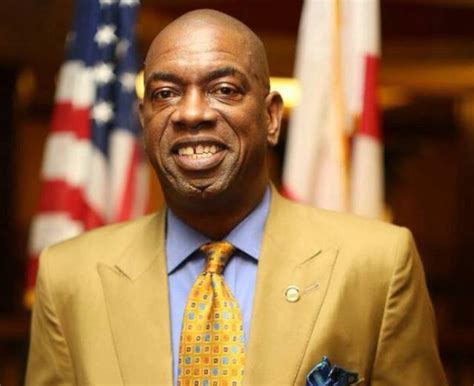A Quote by Oliver Robinson
In your 20s, crises tend to be about whether you are making the correct decisions for the rest of your life, namely in your job and relationship. In your 30s, work-related issues and break-ups feature prominently. In your 40s, for women bereavement is often an issue. For men, it is still to do with their job but it has moved to "Holy crap, I've got a lot to do". In your 50s, you get features of both early and later life crises - bereavement and ill health. And that continues in your 60s, with retirement-related issues and heightened awareness of mortality.
Quote Topics
Related Quotes
I am much more settled in who I am. I think a lot of your 20s is trying to figure out who you are - you're on your own, you've got you first job, you've got your first apartment, you're living away from your parents, you're just discovering who you are. I have deep, long friendships now and real relationships and I am so excited about the rest of my 40s.
I have a saying: There are no brave old people in finance. Because if you're brave, you mostly get destroyed in your 30s and 40s. If you make it to your 50s and 60s and you're still prospering, you have a very good sense of how to avoid problems and when to be conservative or aggressive with your investments.
You have been given a ministry and your ministry is not your job and your job and your ministry are two things and beyond that is your work in life which isn't the same as your ministry and then beyond that is your life. And this is what God is more interested in than your work or your ministry-what He gets out of your life is the person you become. And He has plans for you, and these are long-range plans.
Dreams are selfish, in the sense that they always concern issues and events that were weighing on your mind at the time you had the dream. Dreams will warn you about concerns in your career, in your family life, in your relationship with your spouse, and give insight into problems with your children.
I think that life is difficult. People have challenges. Family members get sick, people get older, you don't always get the job or the promotion that you want. You have conflicts in your life. And really, life is about your resilience and your ability to go through your life and all of the ups and downs with a positive attitude.
Over the next four days, I want you to write about your deepest emotions and thoughts about the most upsetting experience in your life. Really let go and explore your feelings and thoughts about it. In your writing, you might tie this experience to your childhood, your relationship with your parents, people you have loved or love now or even your career. How is this experience related to who you would like to become, who you have been in the past, or who you are now?.
Maybe you should think about the choices in your life, how someone can come and spit some kind of game to you and make you doubt every single thing that is your life, your relationship, your appearance, your job, your ambitions, your marriage, and how those thoughts can lead to choices and behavior that you never thought that you were capable of.
If your primary focus is to get over your health problems or get past a relationship crisis so that you can return to your former life and old patterns- that is, get back to business as usual-you are not really living. The distinction is paradoxical and sometimes subtle. It's the difference between walking through your life on your way to somewhere, and walking as your life. Even if you believe that where you want to get is extremely important, that destination is secondary. Your immediate experience is what really matters. It is your life.
































